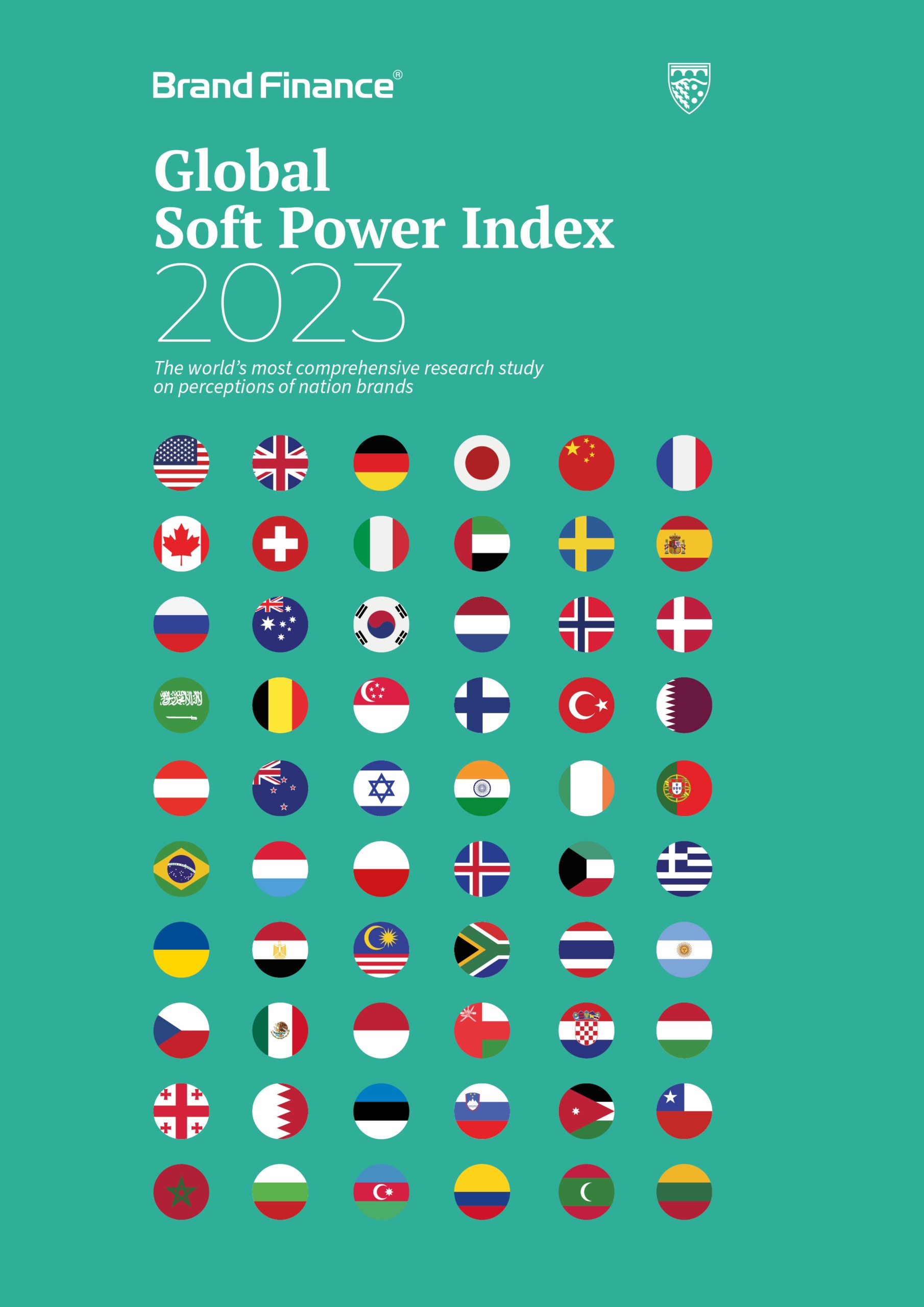This article was originally published in the Global Soft Power Index 2023.

Boris Johnson MP
Former Prime Minister
of the United Kingdom
Great to be here at this Brand Finance Global Soft Power Summit. I'm delighted to be to be sticking up for the other point of view after Guy Verhofstadt last year. And I'm going to give you a bit of an analysis of Soft Power.
I'm going to begin by saying that I was going for a run the other day in the park. And the trouble with that is these days it gets lighter and lighter so that I become more easy to recognise under my beanie hat. And some fit young geezer shot past me, looking actually a bit like one of my former advisers.
And he sang out a cheery London greeting. ‘Wanker!’, he said, and I am normally impervious to this type of thing, but I'm afraid this time I seethed. And I thought, you rotter. I thought it's a beautiful day, it's a beautiful park, the sun is just peeping over the gorgeous London skyline, for much of which I gave planning permission, the swans and the coots are all innocently doing their thing and you have to go and be so rude. Do we have to put up another sign by the one that says ‘Don’t feed the ducks’, saying ‘Don't shout at the politicians’? And then I relaxed and I thought what a wonderful country it is that we live in and how privileged I am to be shouted at on my morning run because it shows how minimal the distance is between the government and the governed.
If you doubt what I'm saying, then just try to imagine Vladimir Putin, with or without his t-shirt, running round Red Square and being shouted at. What would they do with that?
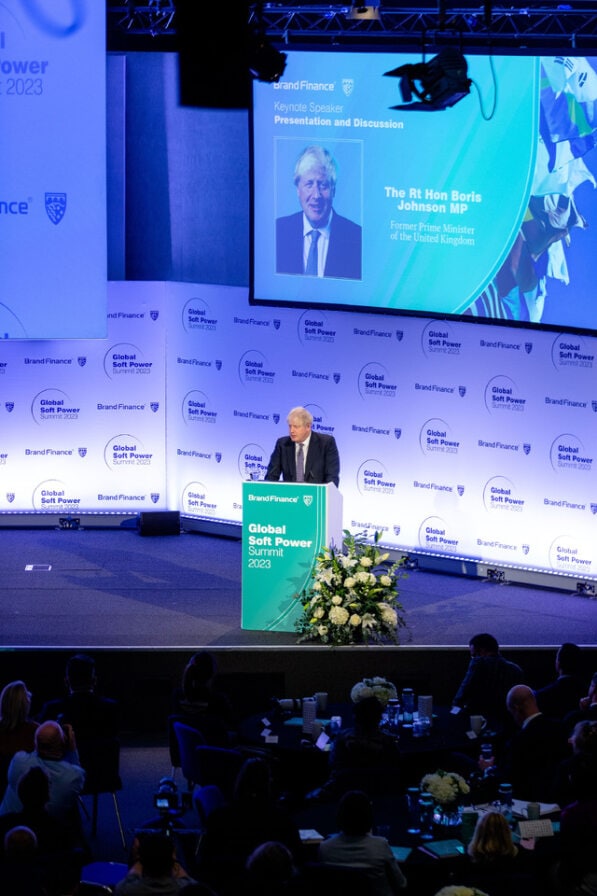
Would they shout at him? I mean, they would scatter from his path like pigeons. What we had there in that admittedly somewhat one-sided exchange was therefore something of incalculable value to this country and to our economy, which is the freedom to say what you like to whomsoever you choose, and as I say this, I'm conscious that people in Britain today are worried about a sense that they are being muzzled.
Of course, people should be vigilant about freedom of speech when we're bowdlerising Roald Dahl. But nothing is going to stop me reciting the song of the Oompa Loompas about Augustus Gloop, which you all remember. “Augustus Gloop. Augustus Gloop, the great big greedy nincompoop”. What’s wrong with that? It made me weep with laughter as a child.
Frankly, I'd be very surprised if anybody at SIS in Vauxhall behaved towards their secretaries as Bond behaved towards Moneypenny, but that doesn't mean we should be banned from reading Ian Fleming's novels. And in all this debate, we should never confuse our feelings of irritation at wokeness or political correctness with the genuine terror inspired by authoritarian systems where journalists are shot for insulting politicians, where they are not hailed for exposing corruption, but jailed.
We should remember how lucky we are to live in a country and a culture where speech and thought are so free, because it’s those freedoms - freedom of speech, freedom to live your life, how you choose, provided you do no harm to others, freedom to love whomsoever you choose - that have turned the city and this country into a great magnet for talent.
We have the world's top chefs. At one stage, in London, when I was mayor, we had more Michelin stars than Paris. The French were so alarmed by this that they churned out a load of Michelin stars in a kind of North Korean way to overtake us.
We have the world's best minds in this country. That's why we have four of the top ten universities in the world, one being Cambridge, which boasts more Nobel Prizes, than Russia and China combined.
We also have the world's most astonishingly gifted artists, musicians, and actors. I think at one stage, six of the best-selling songs in the world were written in this country. We must have the world's best cultural scene, the world's best museums here in London.
The British Museum has more visitors per year than about seven whole EU countries. And - I'm famed for my diplomacy as you can see - it is that fantastic concentration of riches in one building that holds up a mirror to all of humanity and tells the story of the evolution of the human spirit. And so, if you give back the Elgin Marbles to Greece, then you leave a huge gap in that narrative.
And above all, you have no answer in the years ahead to the theoretical claims for restitution from Egypt and Iraq, Syria, Lebanon, Turkey, and Nigeria, whose treasures are housed in Bloomsbury and suddenly in trying to please the world and correct thinking, you've deprived the world of one of its great treasures and cut some vital panels from its great pageant of human progress.
Those gods and heroes came to our country in 1812 as refugees from the Ottoman lime kiln. They were going to be melted down to make cement and they'd become part of our lives. We can't send them away any more than we should deport the 40% of Londoners who were born abroad, including me, by the way, people who come here because they sense that excitement and that freedom and they know that they will not be judged here, and they won't feel the lash of prejudice.
They know that they will be coming to a safe society where the police will apply the law to everyone. high or low. I used to make a joke about how they once arrested Prince Andrew in the shrubbery of Buckingham Palace, which I thought was funny until they actually fined me having lunch at my place at the cabinet table in 10 Downing Street.
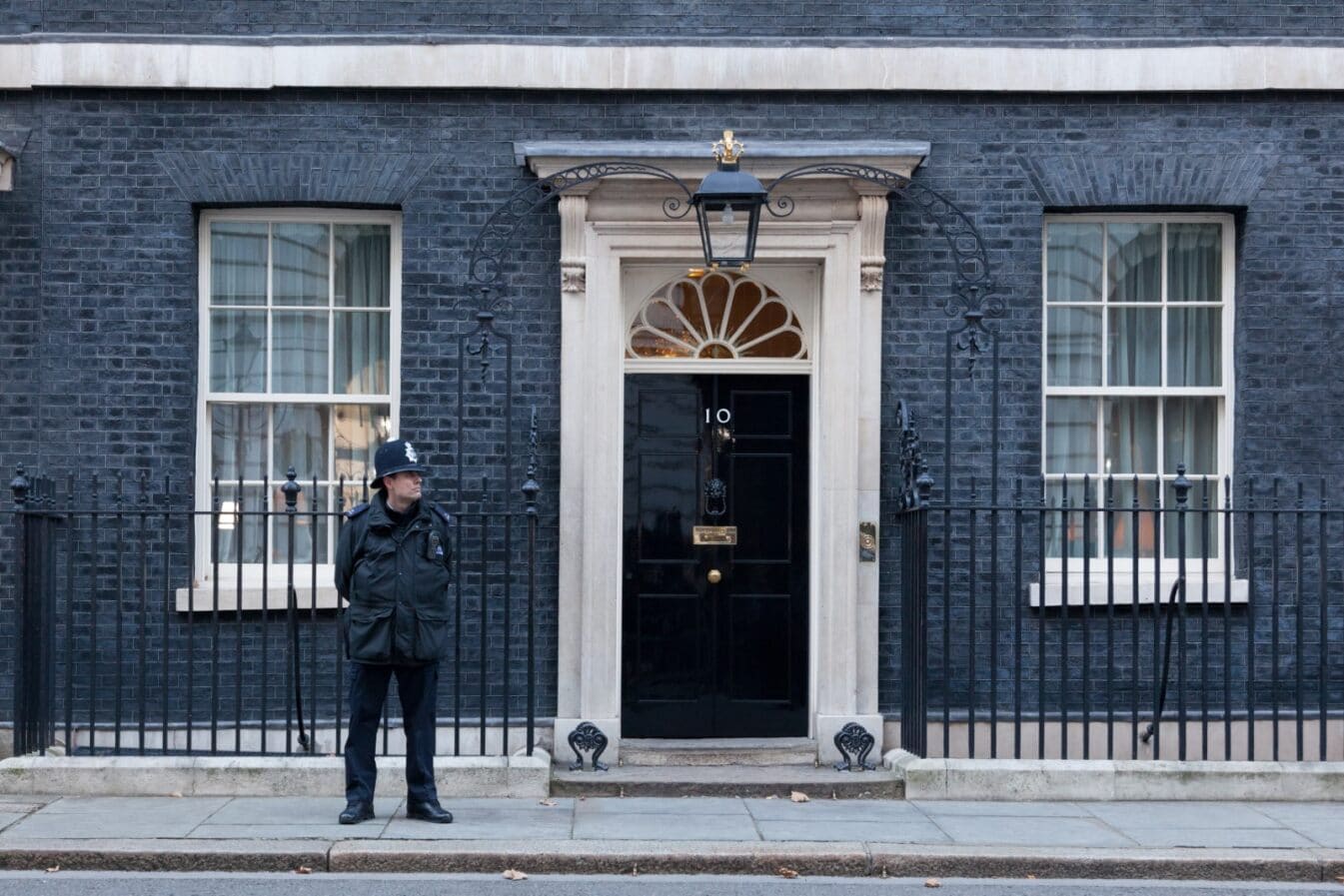
Although I still don’t understand the rationale behind it, I do understand the key point that the law is enforced here without fear or favour and that is the greatest freedom of all, freedom under the law, because they do not have that everywhere. It is freedom under the law that enables the political and economic freedom on which we rely.
I mean capitalism, the freedom to spend our own money. I mean democracy, freedom to vote for whomsoever we choose, and of course, freedom to kick that person out at the next election. You can have capitalism without democracy, and there are some countries that do well on the Global Soft Power Index that come into that category. You can even have democracy without capitalism.
At least I think you can try - I think democratic socialism is the program for Keir Starmer's Labour Party, though I'm not sure. I don't want to offend the human bollard and wind him up even more than I have done already. I do just want to just to point out purely for accuracy's sake: when I stepped down, we were only a handful of points behind the Labour Party, at that moment back in July.
But if you want real success, if you want to be a Soft Power superpower like the UK, then you need both. You need capitalism and democracy. Democracy matters because if Putin had been living in a free society with a free media, he would never have made the catastrophic mistake of invading Ukraine. He would never have been so deluded about the true nature of that country.
Imagine if we had the BBC - the wonderful organisation sponsoring us today - on his case, let alone Tory backbenchers. Instead of listening to a cabal of cronies, he would have known that the Ukrainians are a great and patriotic people and that they would fight for every inch of their land. And if you want a perfect example of why democracy and capitalism need to go together, look at the COVID vaccines.
Who in this room has been vaccinated? Just about everybody. But can I ask you, as a matter of interest, who had Sputnik? None? Who had Sinovac or Sinopharm? Okay, a couple. Who had AstraZeneca or Pfizer? I did and most of this room. I think AstraZeneca, made in Oxford, as a room-temperature vaccine licensed around the world, was one of the most beautiful and moving examples of UK Soft Power I can think of in recent years. It's a notable fact that after all the years in which we were told you could have capitalism without democracy, it was the free western open societies, who tend to be the winners in the Soft Power index, that produced the vaccines that actually work.
I made this point earlier in Singapore, not long ago, and it was felt to be so controversial the organisers actually had to apologise. And The Guardian, said that my speech was shocking.
And then The Guardian is bearing up. At the heart of this idea of economic and political freedom, is the idea of autonomy, the idea of trusting people and families to make their own decisions, buy their own homes, spend their own money, because that autonomy is not only morally right, it's the way to allow us all to be as creative and productive as possible and to enjoy and make the best use of the talents we have.
That sense of autonomy for individuals and for families has always turned out to be the most innovative and efficient way of running an economy. And what goes for people and for families is also, in my view, true of countries. And here I come to the point that Guy Verhofstadt might not agree with. In my view, and I'm conscious that this is not necessarily now a universal consensus - or not that it ever was - that was what Brexit was all about.
On 23rd June 2016, people made a momentous choice. They wanted to be free. They took back control of their money, their borders and their laws. They did it against the opposition of the vast majority of the ruling classes in this country, and in all the great power centres of our country, what used to be called the establishment, the bishops, the BBC etc.
I hope I’ve not been too controversial yet. Most readers of the Times, I am told, in fact 70% or 80% were in favour of ‘Remain’, also most MPs. The vast majority of members of the of the House of Lords - massively pro-Remain.
Remember, I don't know what the balance would be in this distinguished audience, but as soon as that happened, there was a concerted attempt to reverse it, or at least to stop the UK leaving
properly.
The Treasury in particular wanted the UK to remain in alignment with the EU legal order. That's why we had all those arguments over the years about the so-called Chequers Deal and many of us rejected that approach out of pure logic. We said there was no point in leaving the EU if you were going to remain locked in the Single Market.
There was no point in being a vassal state. There was no point in being a rule-taker. You might as well be in the EU. So, for years we fought trench warfare. People like Steve Baker, David Davies, many others were heroic. And as a result, we are out of the Customs Union and we're out of the Single Market.
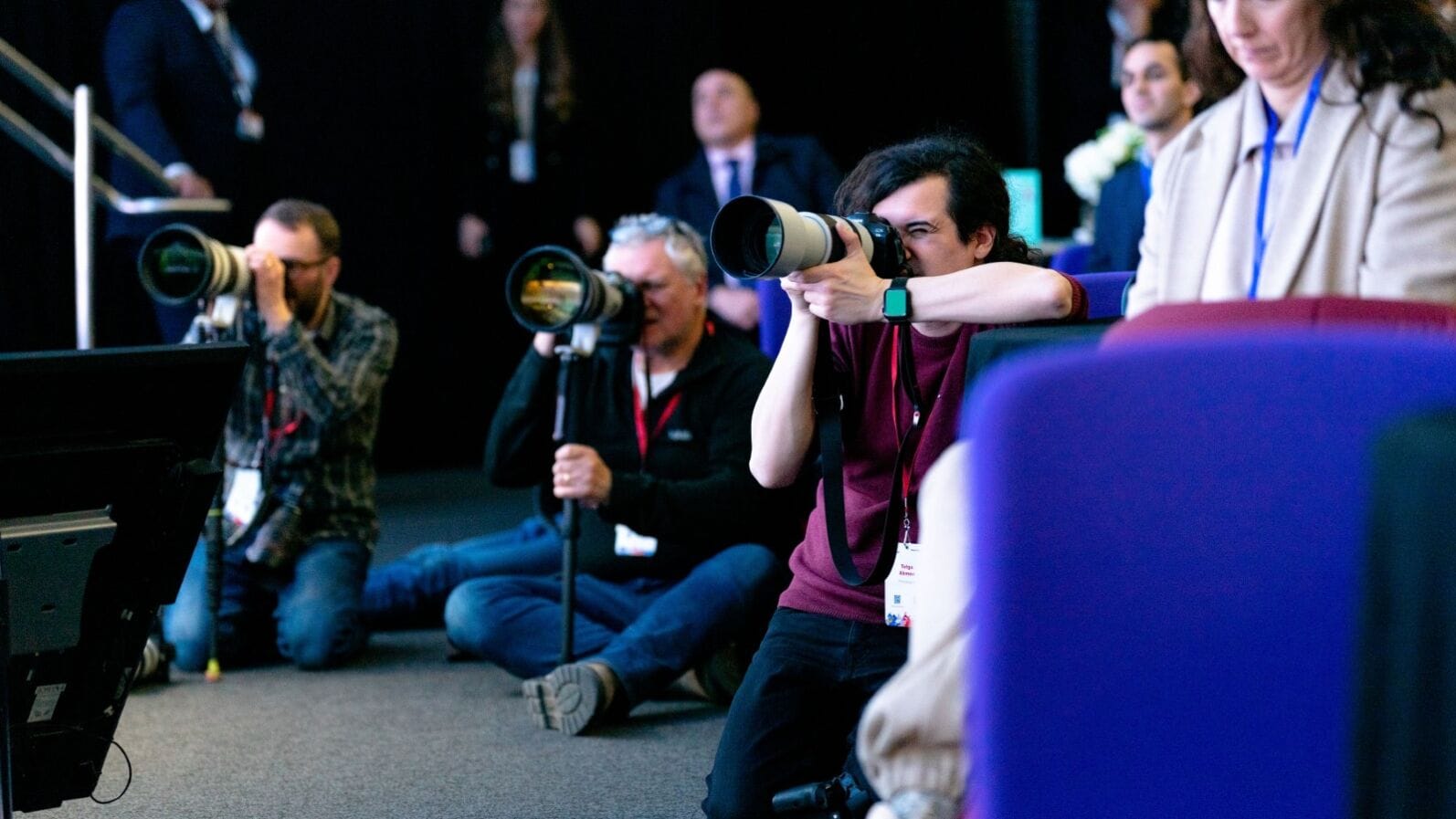
But you remember the circumstances in which we had to do that deal under the terms of the Benn Burt Act as it was called, the so-called Surrender Act. We couldn't leave unless we agreed to the EU's terms and there was no doubt that we faced a particular problem in Ireland where we were told that we faced a choice, if the UK wanted to come out of the customs union and the EU internal market, and if we wanted to keep an open border across the island of Ireland, which we emphatically did for the sake of peace on the island and the Belfast Good Friday Agreement, then we would have to make sure that we somehow checked on goods that might go from Great Britain to Northern Ireland and then on into Ireland. And that is what the protocol does, purely to help the EU, we agreed to check on those goods entering Northern Ireland. As I say, that might go on to Ireland, and I thought those checks would not be onerous since there isn't actually that much stuff that falls into that category.
Most of the goods stay in Northern Ireland and this is all my fault. I fully accept responsibility, and the protocol itself, and this is why I signed it, contains lots of reassuring phrases about how Northern Ireland remains in the customs territory of the UK and will benefit from participation in the United Kingdom's independent trade policy. The protocol notes the importance of maintaining the integral place of Northern Ireland in the United Kingdom's internal market.
But beneath the paint and plaster, there was the cold steel reality of EU control and the Commission was in charge and not the UK. And, contrary to my hopes there, they did not apply it sensibly. We had that mad ban on sausages, potted plants, and tractors, and having those people unable to send parcels to their grandchildren.
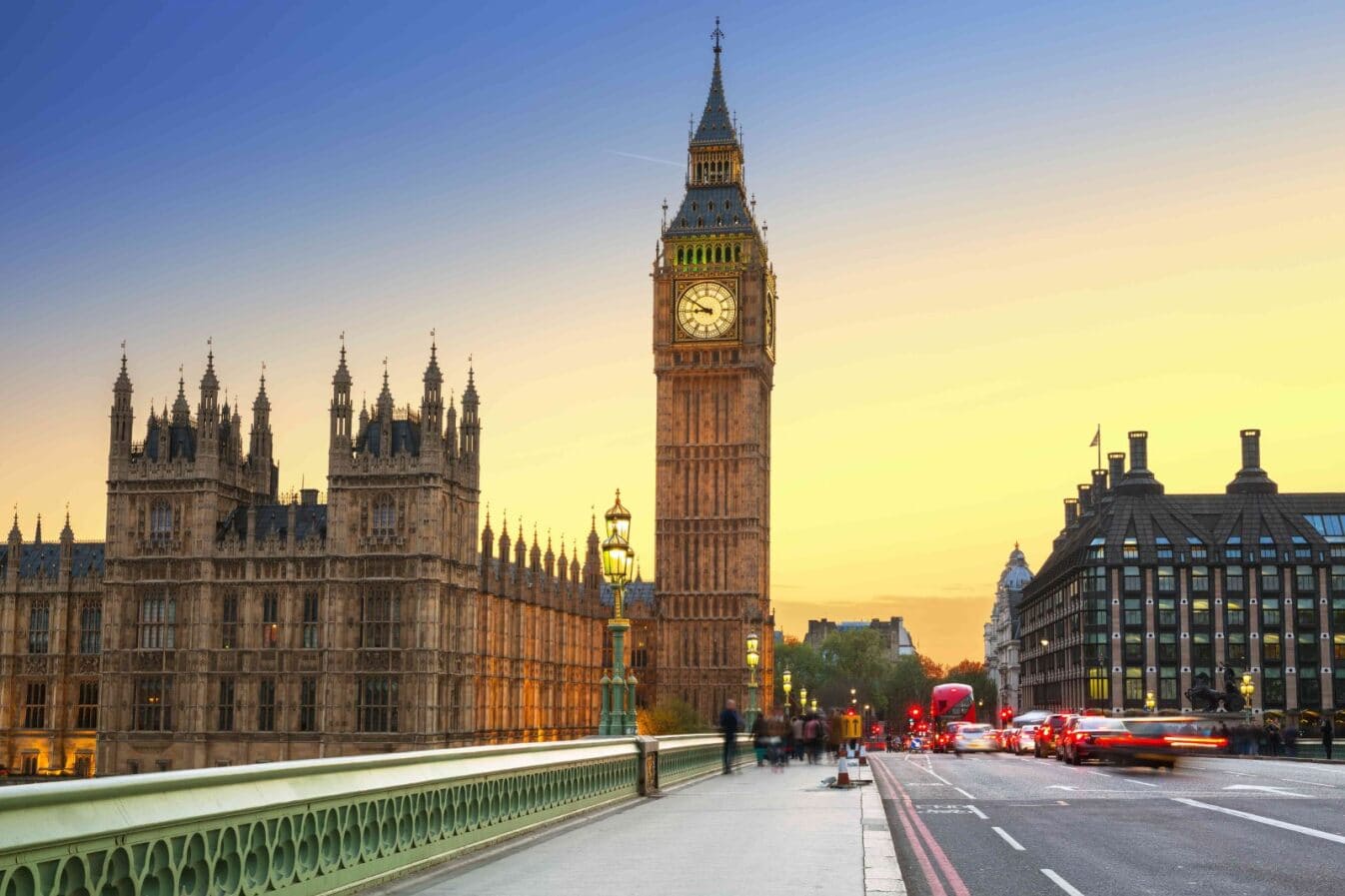
We had a very serious diversion of trade as British retailers couldn't move goods, like shortbread, from one part of the country to the other, even if they didn't actually have stores in Ireland itself. And of course, these everyday frustrations were particularly acute for Unionist communities in Northern Ireland, who felt they were being cut off from the rest of the UK, which I regretted and thought was absurd because the large majority of Northern Ireland's trade is with the rest of the UK.
And the problem I had was that there was nothing legal that the UK government could do because we'd given that power away and that is why we had the bill to fix it and sort it out. That's why I believe we had that majority of 80 seats because I think the people of this country sensed that we needed to fix it, and that bill does fix it.
It’s still in parliament, it does fix all these problems. It removes any border checks down the Irish Sea. It would allow the UK to determine VAT rules in Northern Ireland, state aid, subsidies and so on. Above all, it would allow Northern Irish firms to make goods and put them on the market in Northern Ireland if they conform to UK standards and not EU standards.
So, the dual standard regime was envisaged, and I don't believe for one moment that it would have necessitated checks North-South, certainly not by the UK. We would not have done anything of the kind. It would have kept and respected the balance of the Good Friday Agreement. Now, the EU did not like that bill. They did not like it because it took away their control and above all, because it frustrated their key objective by keeping Northern Ireland in the single market for goods.
That made it much more difficult for the UK to diverge and to do things differently because of the strains that would place on the Union.
I can tell you that in all my conversations with our friends in the EU over the years, it was that idea of divergence, that they feared the UK actually taking advantage of Brexit freedoms so as to be more competitive.
And so, in my view they used the Northern Ireland problem as a way of keeping us where they wanted, so that their system, the European Court of Justice and all the rest, was still lumped on and in some important respects still in charge of part of the UK. I remember Angela Merkel coming up to me at a G20 summit saying if you continue with this bill, it will be a Shakespearean tragedy.
Well, she turned out to be right there, though I leave it to you to work out which tragedy it was. And so, I was thrilled when in June that bill sailed through the House of Commons unamended. I was pleased when the present Prime Minister and his predecessor said they would continue with it. And so, when I look at the deal that we have now, I of course have mixed feelings and I'm conscious of where the political momentum is and people's deep desire just to get on.
And this has got to be about the people of Northern Ireland, the 1.9 million people, their businesses and their lives. Given that we have got rid of the bill, I can see why so many people are attracted to accepting a compromise, and I agree passionately with Sir Jeffrey Donaldson, for whom I have the highest regard, that the people of Northern Ireland need their assembly and they need their government.
And look, it's not for me to advise Sir Jeffrey, but I hope that he can find a way of reconciling himself and his party to this outcome. But - and I am conscious I'm not going to thanked for saying this, but I think it's my job to do so - we must be clear about what is really going on here.
This is not about the UK taking back control, this is really a version of the solution that was being offered last year to Liz Truss when she was Foreign Secretary.
This is the EU graciously unbending to allow us to do what we want in our own country, not by our laws but by theirs.
They're not scrapping hundreds of pages of EU regulations. They're passing EU law; they're passing new regulations to allow British goods to pass from one part of this country to another. Still under EU law, but with what they hope will be lighter bureaucracy; 21 data points on the forms instead of 80 to be completed by trusted traders who can show the EU that they have certain assets and good for sale in Northern Ireland and to be prominently labelled not for EU, among many other provisions and restrictions.
We've got to hope that it works and genuinely reduces frictions. Though I am particularly concerned that goods going for processing and manufacturing in Northern Ireland from Great Britain, goods that are part of the supply chain, seem to be going through the red lane for firms above a certain size, which seems pretty, pretty crazy, and not supportive of the UK internal market. And what this will certainly not do is allow goods made in Northern Ireland to be made according to UK standards unless they are also EU standards for sale in Northern Ireland. At least it is very, very unclear the extent to which that would be allowed. It's very unclear for foodstuffs, for motor manufacturing, and all the rest of it.
The EU single market remains paramount, and in that sense this deal helps to accomplish the key objectives that I that I spoke of. And so, it acts as a drag anchor on divergence, which as I say, is the point of Brexit. There's no point in Brexit unless you do things differently. And then beneath the bother and the hassle of these rules, you have to ask yourself the key question; Who votes for the people who decide these rules?
Who votes for the people who decide how your pet dog or cat can get to Northern Ireland and back? Who votes for the people who make laws about Easter eggs, cakes, boats, or any other manufactured goods? Who votes for the people who set VAT rates on sanitary wear in Northern Ireland?
No one in England or Scotland or Wales and no one in Northern Ireland. And I think there was a reason. As I say, the public voted us an 80-seat majority in 2019, and that was because they instinctively knew that we had to fix this and that's why we had the bill. And look, getting to the punchline.
I'm going to find it very difficult to vote for something myself, because I believed that we should have done something different no matter how much plaster came off the ceiling in Brussels.
And I hope that it will work. I also hope that if it doesn't work, we will have the guts to deploy that bill again, because I've no doubt at all that that was what brought the EU to negotiate seriously. And in the meantime, I will continue to campaign for what I thought of and what I think of as Brexit and the logic of Brexit, because this is nothing if it is not a Brexit government and Brexit is nothing if we in this country don't do things differently, and we need to take advantage of it and we need to be seen to take advantage of it. Let me give you an example. For years, scientists have been calling for the ability to do something called CRISPR. We all know about genome editing, which for some reason is banned under a ruling of the ECJ.
Well, now that we're out, we can theoretically do it and we have the capabilities to do it. It doesn't mean franken-foods, it doesn't mean we're all going to be attacked by killer tomatoes. It will enable us to do all sorts of things to protect crops from disease, frost, blight and so on.
Will we do it? Will the UK be in the lead? Will we dare to diverge? Well, we're standing on the edge of the of the diving board and it's not clear to me that we are going to. So, I say to you, let us take the plunge, even if it would appear that under this deal, those British genome-edited tomatoes could not go into the making of whatever cheese and tomato sandwich in Northern Ireland, which, as I say, is going to be a matter for regret.
So, let's dare to be different and do things differently and we should be dared to be different on the economy. I know that COVID cost a fortune and there was not much we could do about that, but we're out of it now, and there's no point now in just emulating the high tax, high spend, low growth European model.
We should think not about raising corporation tax but cutting corporation tax to Irish levels or lower and really turbocharging investment to drive levelling-up across the whole country, really showing the world what they wanted to see from 2016 onwards. That we are different now because this is a Brexit government, or this is nothing. It's because this is a Brexit government that we got the biggest share of the vote since 1979.
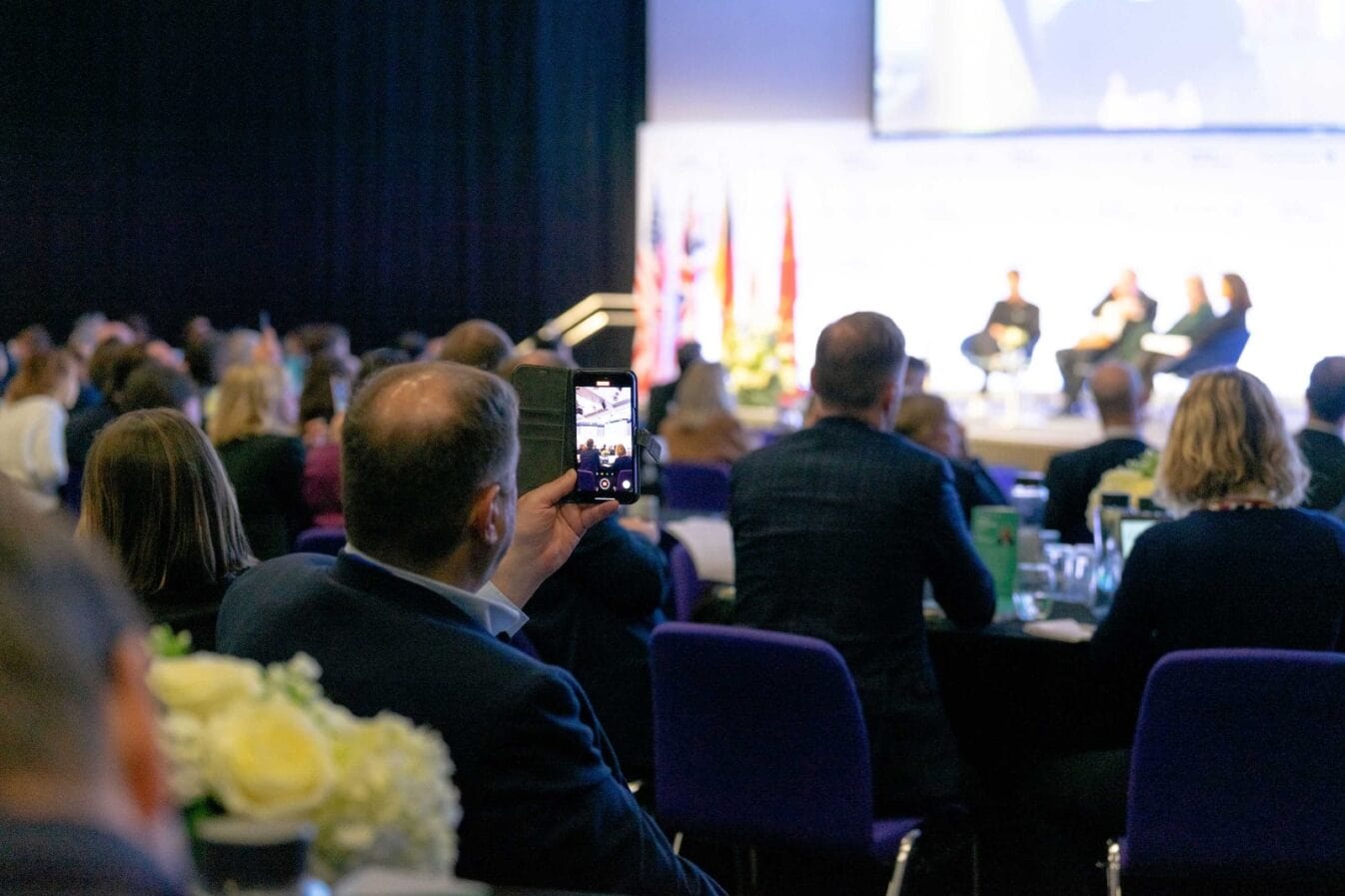
Let me give you just some examples of the ways divergence has helped us so far. It really is the case that it made a difference that we were out of the European Medicines Agency and therefore able to get the first licensed vaccine into the arms of any patient anywhere in the world. And that meant we had the fastest vaccine rollout, and that meant we were able to come out of lockdown faster than the rest of Europe.
We staged therefore the fastest economic recovery in the G7. And we have today, despite all the difficulties, the lowest unemployment since about 1974. And we will fix our problems, we will fix inflation. I have no doubt that the government will be successful in what they're doing in getting inflation down, and that was because we dared. That success with vaccines was because we dared to be different and we dared to be different on AUKUS, which I don't believe the Foreign Office would ever have allowed when we were still in the EU.
I don't think they would ever have allowed such a rupture with our French friends and the anti-AUKUS faction. We dared to be different, finally, when it came to the great geo-political crisis that frankly dwarfs everything that we have so far, that I've so far discussed today.. When it was clear that Putin really might be so insane as to attack Ukraine, we were the first major European country to send quantities of lethal weaponry to help them; the NLAW anti-tank missiles that were so important in the battle for Kiev.
And believe me, that would never have happened if we had stayed within the constraints of the so-called Common Foreign and Security Policy of the European Union. We would never have dared to be different if we had remained as we were; deferential to the primacy of France and Germany on Ukraine under the so-called Normandy process of 2014. And all I can say is how proud I am that by daring to be different, Brexit Britain has encouraged now the rest of Europe to give arms to the Ukrainians.
And we know that our contribution is nothing compared to their heroism. They are fighting for all of us. They're fighting for Georgia, Moldova, the Baltics, Poland, and for all the periphery of the old Soviet empire. And on Soft Power - they have the Soft Power. They have a vibrant, dynamic, free, open society.
They have elections that can go either way, and that is what they are defending and that is what Putin hates and fears. They have a president, who is not only a great war leader, but who was once the voice of Paddington the Bear in in the Ukrainian version of the film. So, I can say in the struggle between the Russian Bear and Paddington, my money is on Paddington, but sometimes Soft Power needs Hard Power to defend it, and the Ukrainians need that Hard Power now. The Ukrainians are fighting for freedom and democracy everywhere. Let us give them what they need and give it to them now. Slava Ukraini! And thank you very much for listening.

